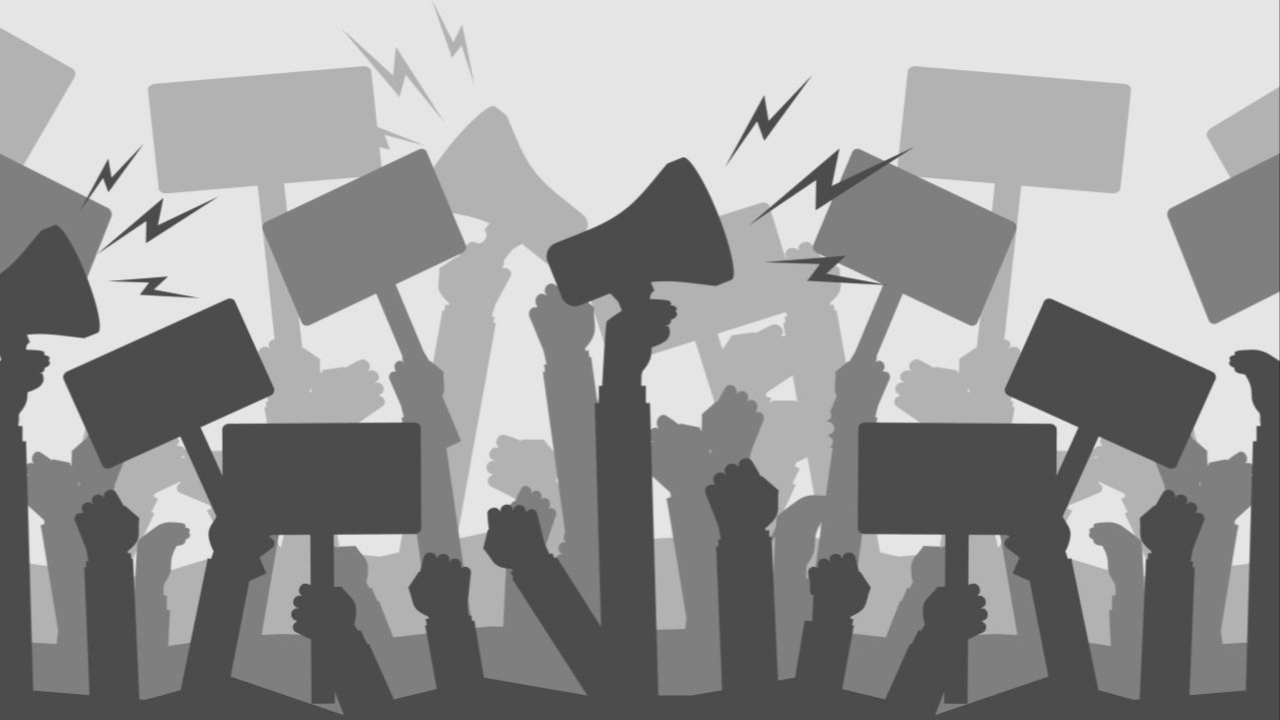Why Black Americans Didn't March in Mass
Jun 18, 2025
Cultural Insights Series: Vol. 1 – Protest, Perception & Power
Society keeps getting it wrong about Black people, especially now, as DEI’s association with us has intensified the demonization of Black Americans.
From the Civil Rights Movement to Black Lives Matter, Black-led movements have long stood on disciplined, nonviolent resistance. That legacy lives on—and so does the fight.
With anti-democracy on the rise and DEI under attack, standing up against the vilification of Black, brown, and LGBTQ+ communities wasn’t just political—it was personal.
Black people are not inherently dangerous. We are altruistic, friendly, good-natured, and have the biggest hearts for forgiveness. We are gatekeepers who rightfully protest all that we deem important.
I joined the Hands Off and No Kings Day rallies because its part of my plan to do something—anything—to stand up against the rise of anti-democracy, the weaponization of DEI, and the ongoing villification of Black, brown, and LGBTQ+ communities. This isn’t just political—it’s personal.
But many asked: “Why didn’t we see a big Black turnout at the No Kings and Hands Off marches?”
Here’s why:
1. The threat was real
Far-right extremist groups like the “alt-right” Proud Boys and Boogaloo Bois were actively planning to provoke violence at these events: —posting things like “shoot a couple, the rest will flee..” We've seen them show up, start fights, and leave us to take the blame.
2. We’re tired of being blamed
Let’s be clear: the majority of Black protestors are peaceful. That’s not opinion—it’s fact. Most Black-led protests remain calm, purposeful, and safe. But when violence breaks out—often started by outside agitators—we get scapegoated. Also, when Black people openly protest against America’s injustices, it is often perceived by white America as anti-American or anti-white. These anti-stories are the ones that make and linger as headlines.
3. Safety isn't fear—it's wisdom.
We’re strategic. When we sense danger or manipulation, we organize differently.
Black protest is often highly organized and community-focused. Instead of mass events that risk hijacking, we leaned into smaller events, community healing, and cultural expression. We are all over social media, in chat groups using our voices and sharing information, supporting messages, candidates, and organizations, to hold on to America's democracy. We protect each other. That too is protest
4. This is about understanding, not accusation
This message isn’t about blame—it’s about context and cultural insight. It’s about understanding the history that is being erased in real time, seeing past assumptions, listening deeper and often, and recognizing that not showing up doesn’t mean not caring. It means we’re choosing a smarter, safer way to fight for the same goals.
Stay connected with news and updates!
Join our mailing list to receive the latest news and updates from our team.
Don't worry, your information will not be shared.
We hate SPAM. We will never sell your information, for any reason.

